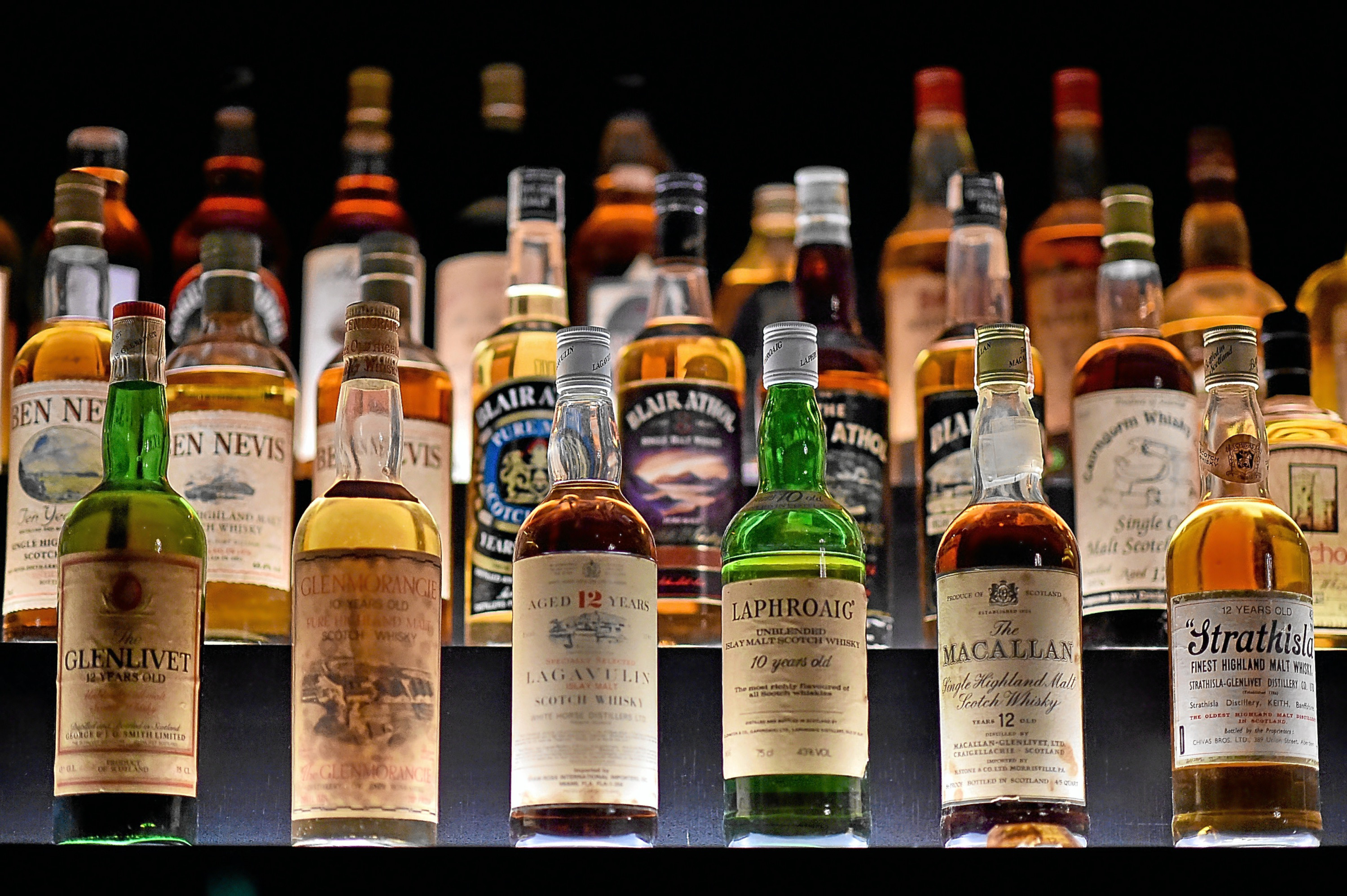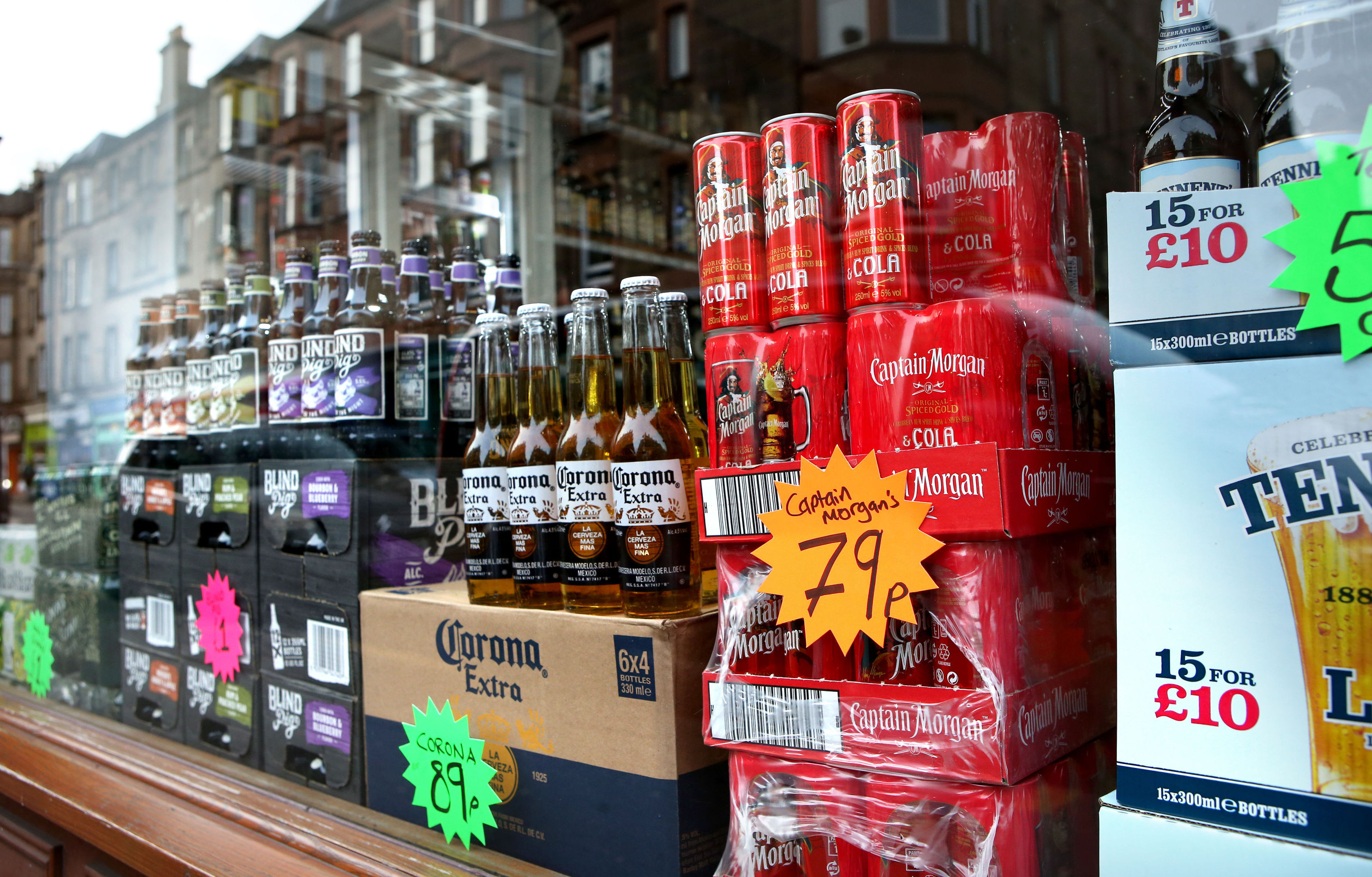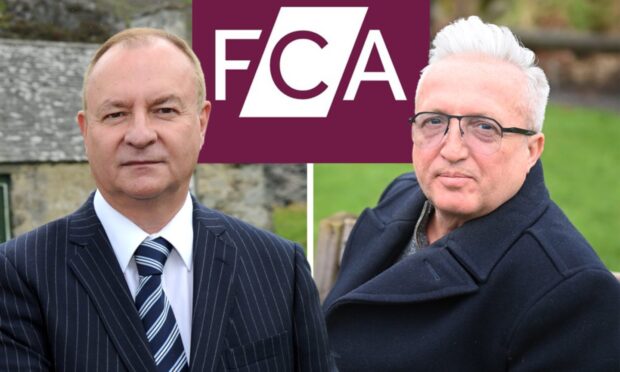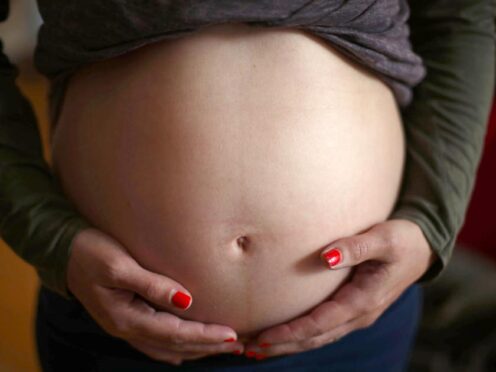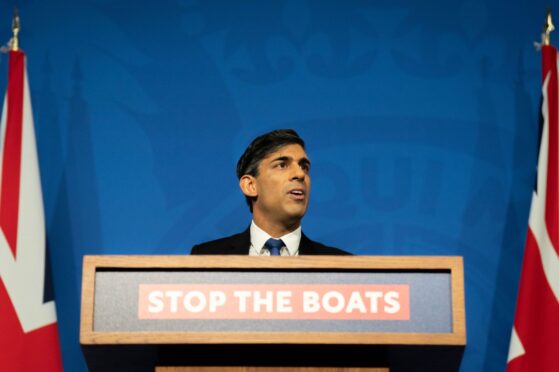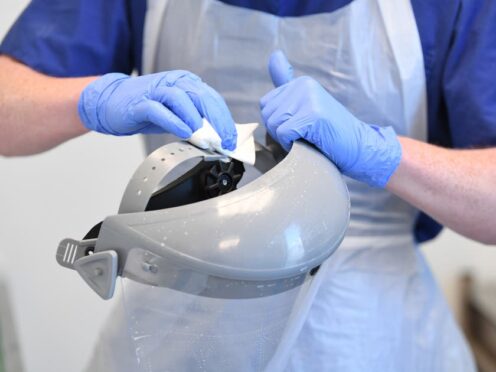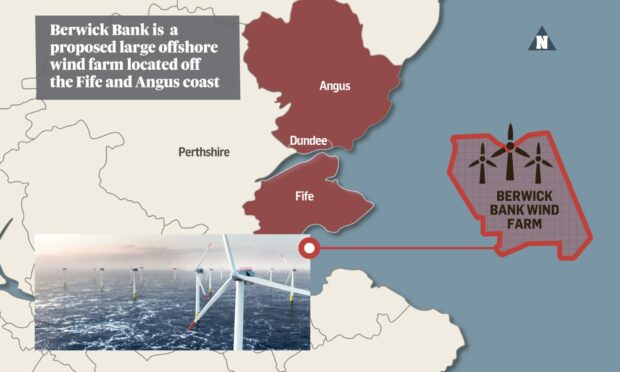A leading licensing expert has warned guidance endorsed by the Scottish Government on minimum unit pricing (MUP) could leave hundreds of well-meaning retailers open to prosecution.
Janet Hood, accredited by the Law Society of Scotland as a specialist for more than two decades, believes information provided by the Scottish Wholesale Association, paid for by the Scottish Government, could be wrong in law.
The guidance, which remains accessible via the Government’s own website, appears to suggest some retailers would be able to use ‘dual pricing’ to sell alcohol below the minimum price as long as it is being bought by the customer for use in their trade.
Tayside-based Ms Hood believes the information is at odds with the legislation which came into force this week, which she says makes no such distinction between classes of purchasers.
The expert added that the lack of a proper definition for ‘trade’ in the legislation means interpreting the law in this way would “drive a horse and cart” through minimum pricing policy and leave it open to exploitation.
“The situation is a complete fiasco. There is absolutely nothing in the legislation that permits dual pricing,” Ms Hood said.
“If there was, it would be a gift of supreme proportions to all those supermarkets,
corner shops and convenience stores whose operators have been required to register under the Alcohol Wholesalers Registration Scheme.
“In my view, the legislation means that if a business only sells goods including alcohol to trade, they will not be subject to the act.
“Interestingly, the term ‘trade’ is not defined so presumably it could mean anything from the ‘licensed’ trade to any professional or business person who can obtain a card at the local cash and carry.”
Ms Hood highlighted concerns to the Government’s own legal department and MUP team on a number of occasions and was told just because they paid for the guidance “doesn’t mean we endorse it”.
But critics have claimed the legislation itself is so poorly written it will “undoubtedly require review to bring it into general understanding”.
The Scottish Wholesale Association said it stands by its own interpretation of the law but added all information provided is “caveated with the fact that it is guidance and parties should seek their own independent legal advice”.
A spokeswoman said: “Given our position on the law, we believe that wholesalers who hold premises licences can operate a dual pricing system as laid out in our guidance.
“Their premises licences will have the MUP condition attached which will apply to all non ‘trade’ sales.
“We understand that wholesalers who wish to operate a dual pricing system have put in place systems relating to due diligence and have examined their membership schemes to accommodate customer verification procedures.”
A Scottish Government spokesman said there is “nothing about MUP in itself that needs to apply to trade-only sales”.
He added: “We have been in discussion with wholesalers and are currently considering what steps we can take to help resolve this issue.”
